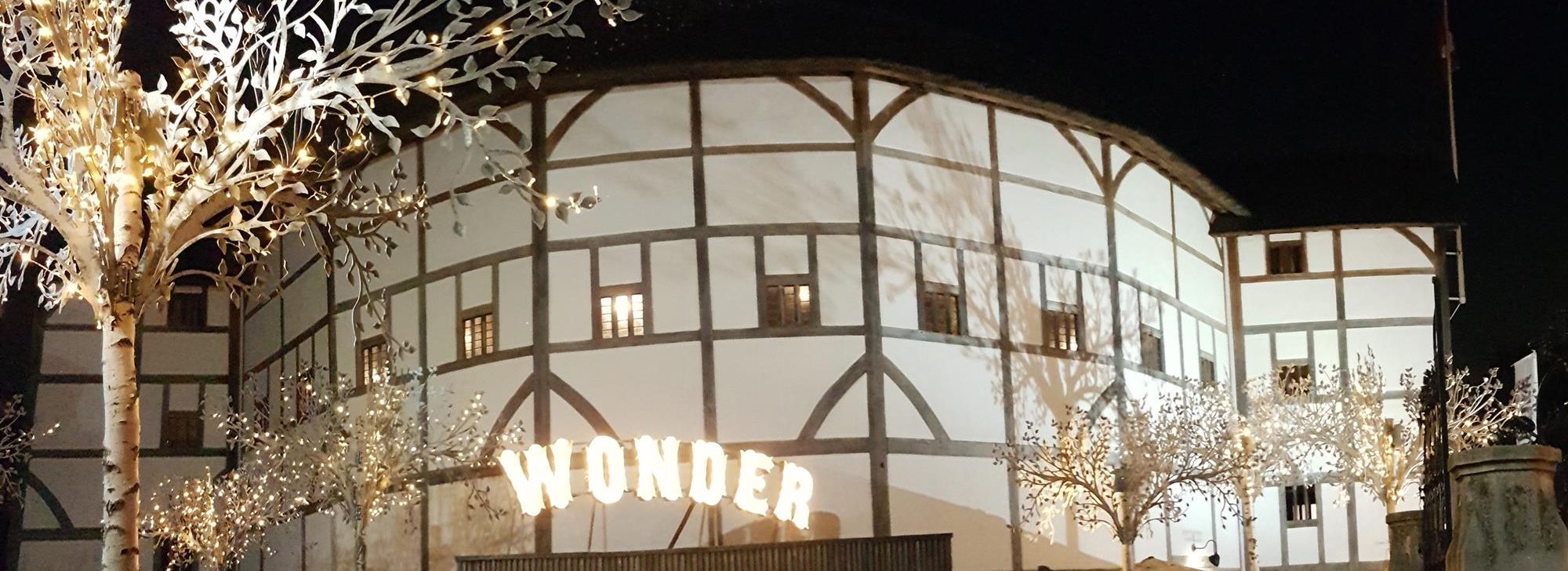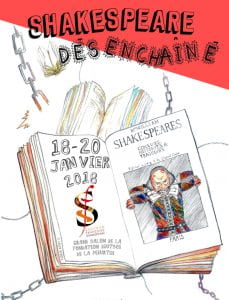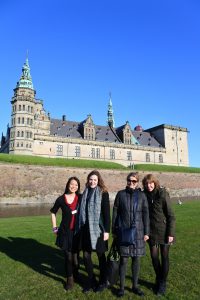 The King's Speech (dir. Tom Hooper, 2010) and The Theory of Everything (dir. James Marsh, 2015) deal with figures that suffer from speech impairment. Lines from Shakespeare play an important role in scenes about speech therapy in The King's Speech.
The King's Speech (dir. Tom Hooper, 2010) and The Theory of Everything (dir. James Marsh, 2015) deal with figures that suffer from speech impairment. Lines from Shakespeare play an important role in scenes about speech therapy in The King's Speech.
Having worked with multiple therapists without any result, Bertie (Prince Albert, Duke of York, later King George VI), a stutterer, is reluctant to receive treatment from Lionel Logue. In their first session, Logue bets Bertie a shilling that he can in fact read without stammer right away, and he would record his speech as evidence. Logue puts headphones on Bertie and asks him to read Hamlet’s “to be or not to be” speech into a Silvertone Home Voice Recorder. ...continue reading "How Shakespeare Cures a Stuttering King"


